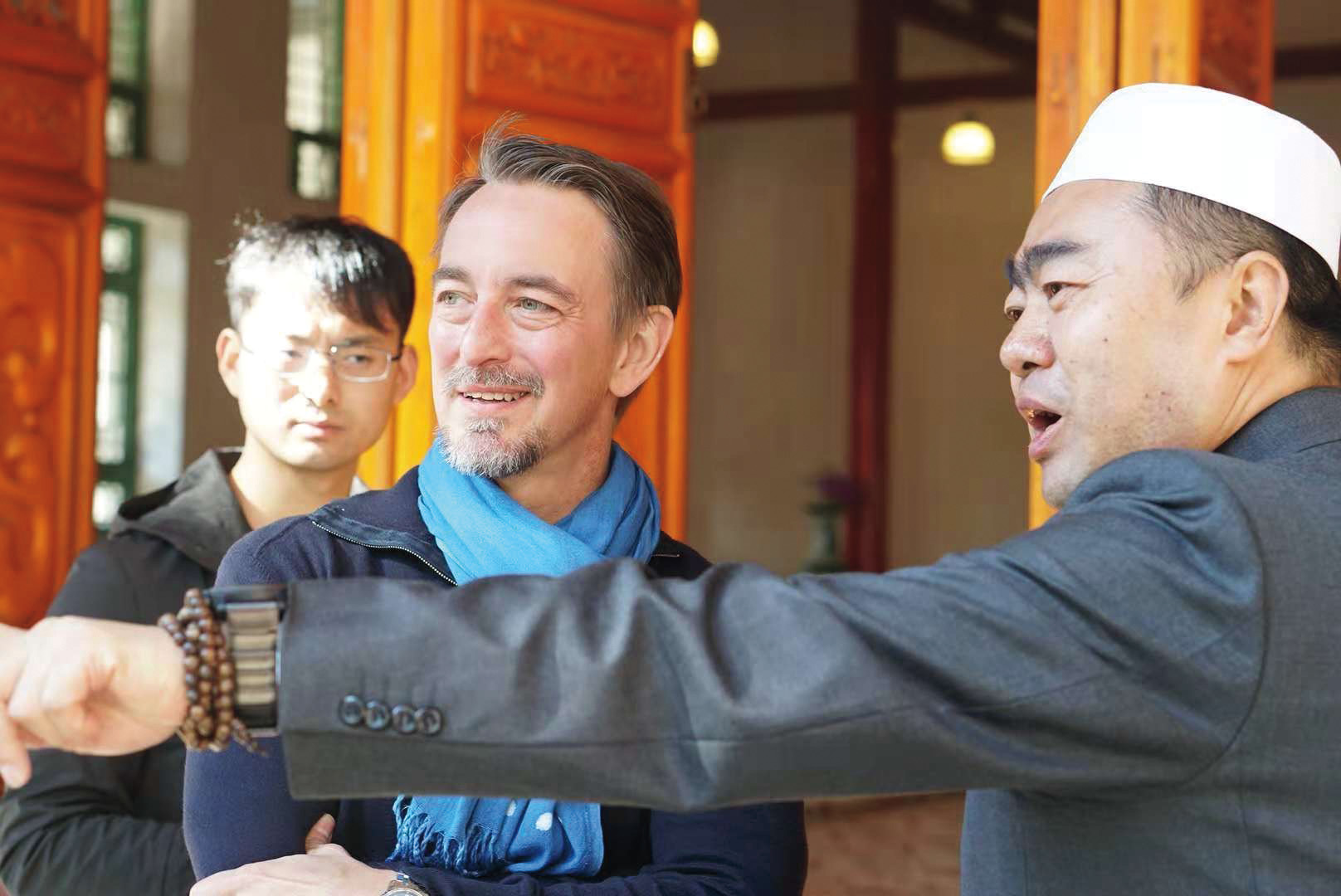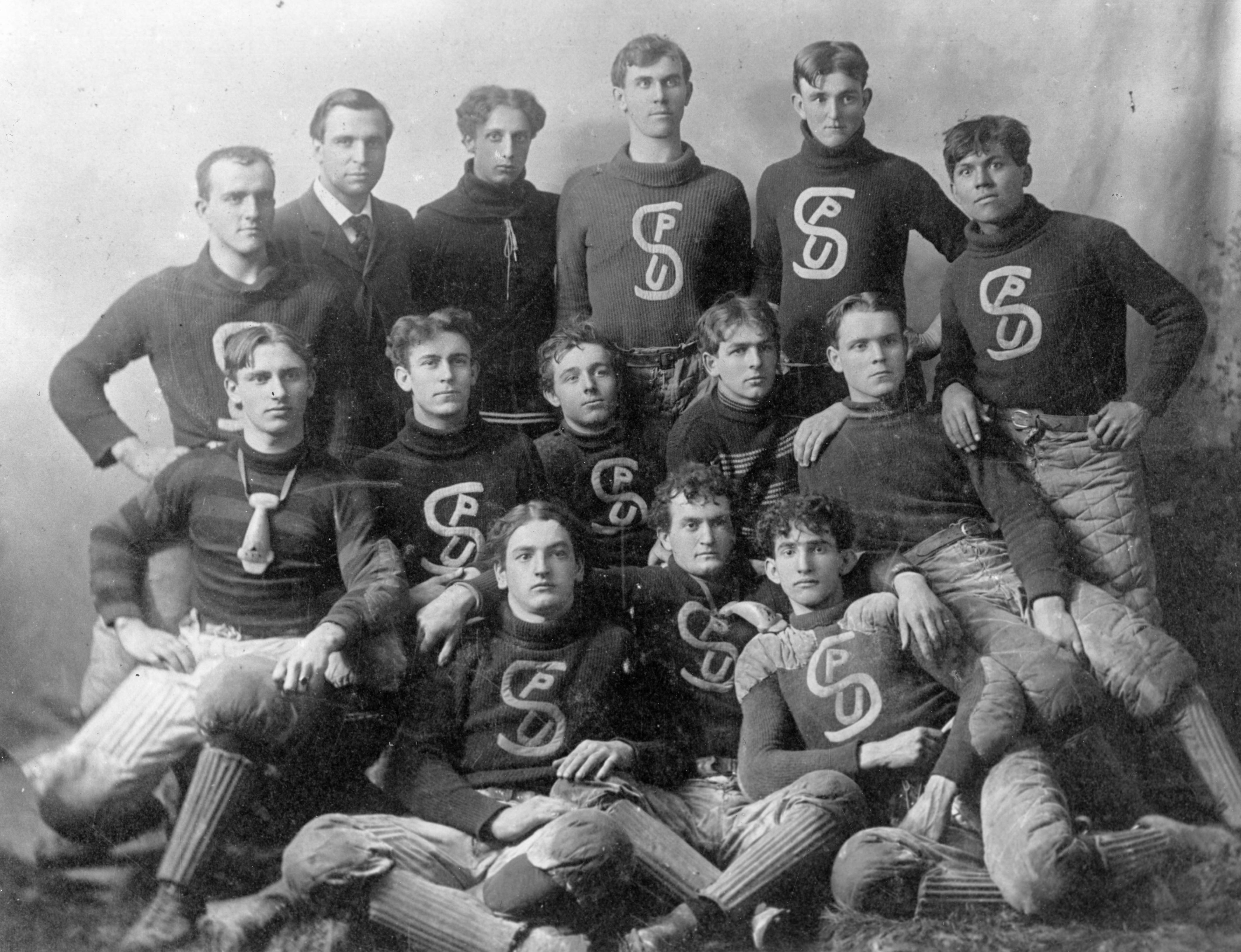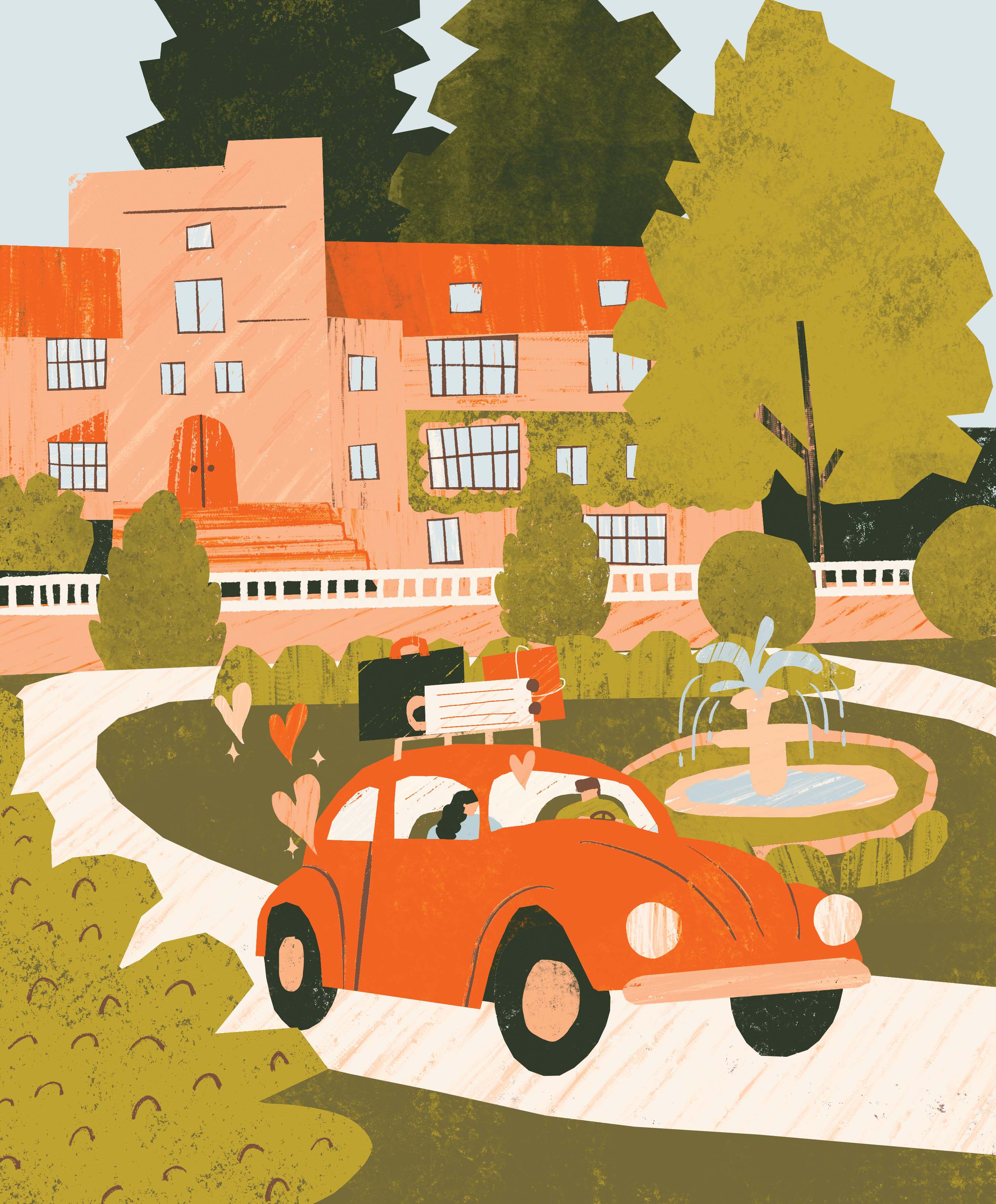DEBATE PREP
In debates, “winners” are often determined by who’s got the best one-liners, but Purdy suggests looking for substance. Keep a few questions in mind: “What do the debates show about their knowledge base? What policies are they talking about? Are they truthful?”
HOW DIVIDED ARE WE, ANYWAY?
Polarization is nothing new—Americans did once fight a Civil War, after all—and divisions are often most evident in an election year. Purdy recalls John Quincy Adams lamenting how “the union is in a state of agitation approaching the presidential election such as was never before witnessed.” That was in 1840. The challenge now, says Purdy, is that “opposing sides often are not looking at the same set of facts.”
COLLEGE BOUND?
The oft-maligned Electoral College was conceived as a compromise to even out the influence of larger versus smaller states; Purdy says it also allowed a small number of “wise men” to largely determine the president. (A popular vote wasn’t widely instituted until 1824.) Today, Nebraska and Maine pledge their electoral votes by results within their congressional districts; all other states use a winner-take-all system. Then there’s the National Popular Vote Interstate Compact, which proposes states award all their electoral votes to whomever wins the national popular vote. But not enough states are on board for it to be implemented yet. The Supreme Court is expected to decide this year whether electors are bound by the popular vote or can vote their conscience.
THE GREAT DEBATES
Could a sitting president sit out the presidential debates? President Donald Trump has hinted that he might if the setting isn’t “fair,” and Purdy guesses his decision will come down to “where he sees himself in the polls, and whether it’s advantageous to participate.” Historically, debates can matter: Purdy cites the 1960 Nixon/Kennedy debates in which radio listeners felt Nixon was stronger while TV viewers thought Kennedy won based on his more composed appearance. Then there was Ronald Reagan’s 1984 debate with Walter Mondale, when Reagan, 73, turned concerns about his age into a joke about refusing to “exploit my opponent’s youth and inexperience.” Reagan won the election in a landslide.
NO, REALLY, THIS ONE MATTERS
We hear it every four years: This is the most important election of our lives. But how often is an election truly transformative? Purdy points to 1800, when incumbent John Adams lost his reelection bid to his own VP—Thomas Jefferson. With its clear two-party split and bitter campaign, it was a precursor to modern elections. Lincoln’s election on the eve of the Civil War and FDR’s 1932 victory, which positioned him to lead the country through the Depression and World War II, were defining moments. This year’s election could have similar potential: No matter how you feel about Trump, he’s shown a historic tendency to ignore the norms of the office. This election, Purdy says, could be, at least in part, a mandate on how presidents should conduct themselves.










